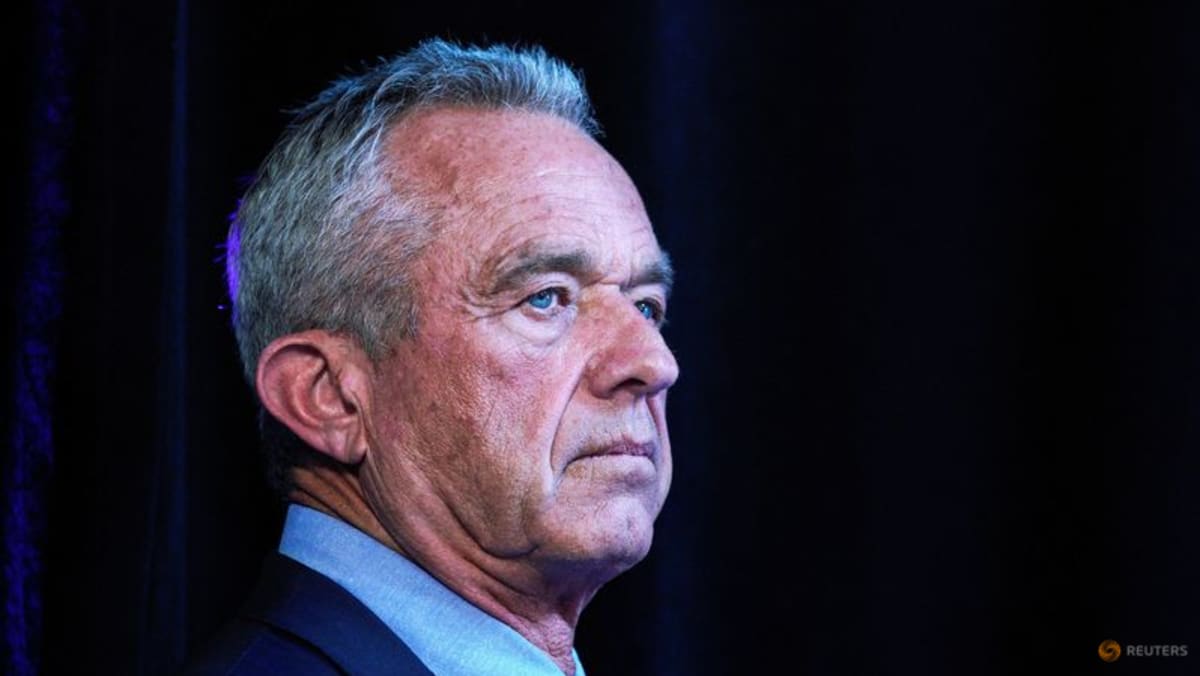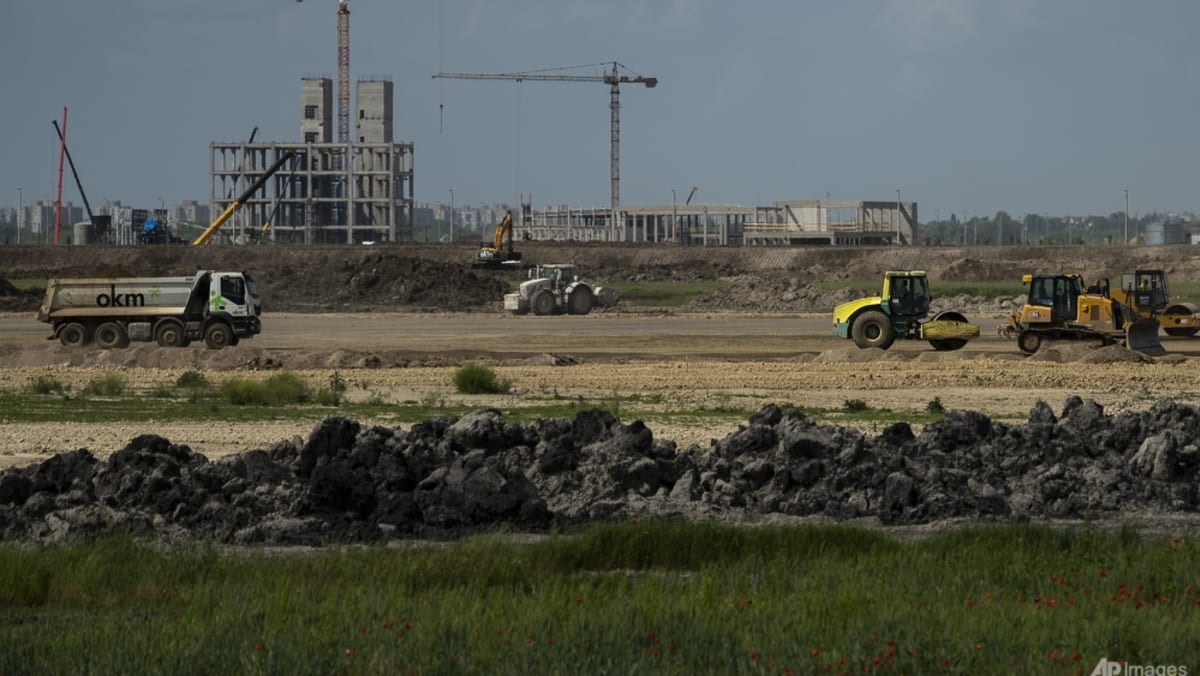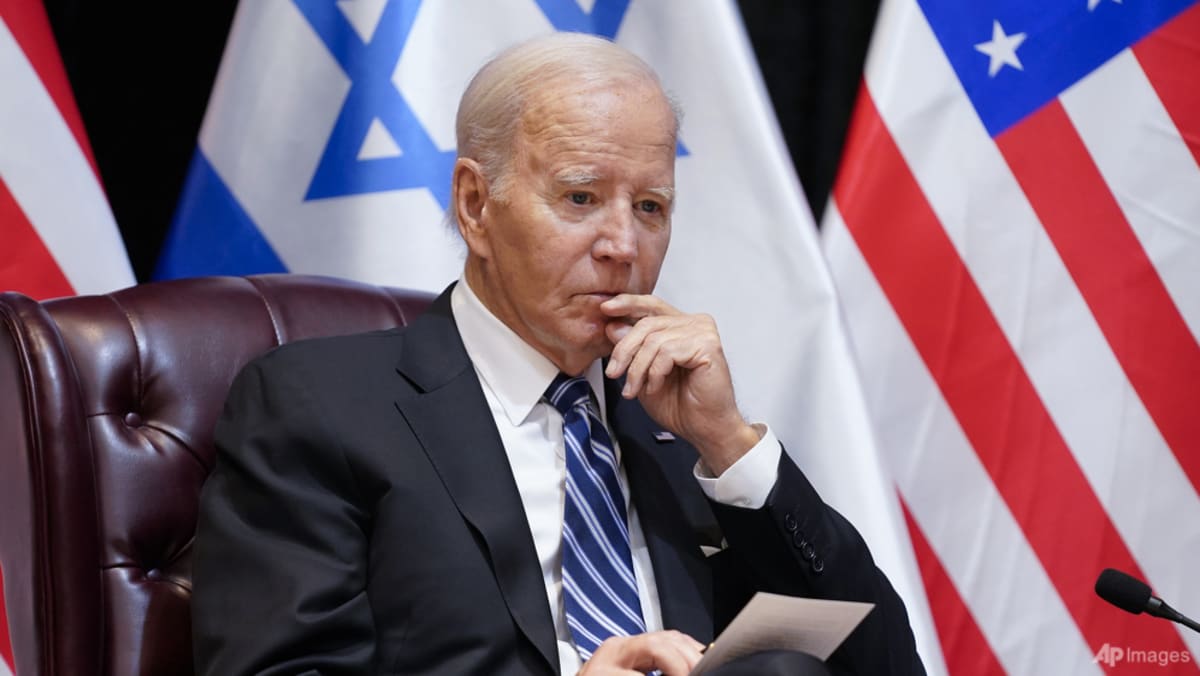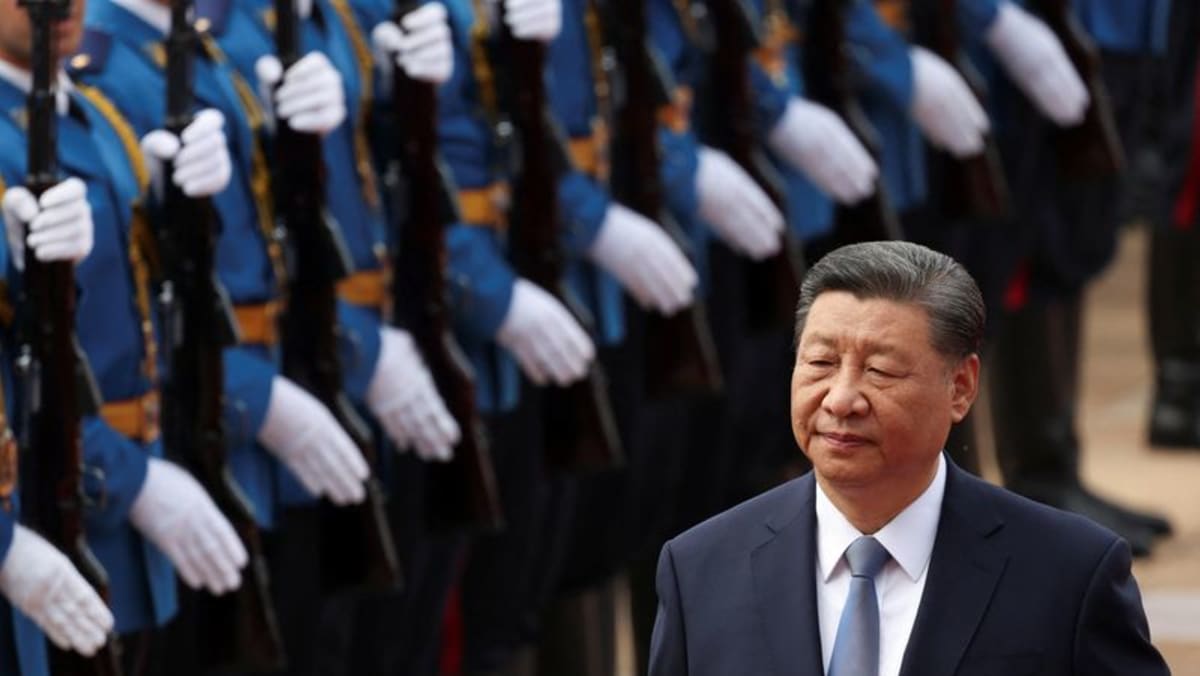LONDON: Just a few of the over 300 munitions launched by Iran on Apr 13 in its retaliatory attack on Israel hit their target. After the attack, the Israel Defense Forces claimed a “99 per cent interception rate”.
Footage has emerged of some Iranian missiles hitting Israel’s Negev Desert and Ramon Airbase. But by far, one of the bigger discussions has centred around how the majority of Iran’s attack had been thwarted.
Israel’s military claimed that of the 170 drones, 120 ballistic missiles and 30 cruise missiles fired by Iran, “only a few” ballistic missiles entered Israeli territory.
One Israeli casualty has been reported, a 7-year-old girl who was critically injured after falling shrapnel from an intercepted missile struck her home.
If more missiles had hit their targets in Israeli cities, the headlines today would be very different.
How did Israel do it? Its Israeli F-35 warplanes shot down some of the distant incoming targets. Israel’s three-tiered missile defence system - its long-range Arrow interceptors along with the David’s Sling and Iron Dome systems - then kicked into action. Each defensive system covers different altitudes and protects against different types of targets.
The United States, United Kingdom, France and Jordan helped in tracking and downing many of the Iranian projectiles. That these countries swung into action helped reduce the impact of Iran’s attack and therefore temper Israel’s desire to retaliate.
This may just work. Israel has been able to claim a major success for its missile defences while taunting Iran for its largely ineffectual attack. But there is much more significance to Iran’s attack on Israel.
A ONE-OFF ATTACK OR A CAMPAIGN?
Iran’s attack was itself multi-tiered. In a technique currently also being used by the Russian armed forces in their regular long-range attacks on Ukraine, the mixed batches of drones and missile types have a purpose.
The drones, which are the cheapest projectiles, aim to soak up the defender’s attentions. The cruise missiles (like the drones) follow the earth’s surface while the ballistic missiles are fired on a high-arcing trajectory.
Another lesson from Russia’s 26-month full-scale invasion of Ukraine is the difference between a single attack and a campaign.
In a campaign, the size of a country’s missile stockpile counts. But any comparison between Israel and Ukraine is unfair because the former has been developing its missile defence systems for decades, while the latter depends on the goodwill of partners like the US and Germany for donations of air defences.
If - and this remains only a hypothetical at this stage - Iran fires yet more barrages of missiles and drones, the calculations on which side expends their stock of offensive and defensive munitions first becomes vital.
Israel will likely have planned for a sustained assault but even then, the difference between Iran’s somewhat demonstrative assault on Apr 13, and a truly disastrous protracted campaign of surprise bombardments, interception and retaliation look very different indeed.
THE VALUE OF MISSILE DEFENCE
It is a straightforward enough statement to make that “the world is becoming a more dangerous place”. But one of the big lessons from so many of the world's hotspots - from Ukraine and Russia to the Korean Peninsula and to Israel and Iran - is of the importance of missile defence.
Even the presence of nuclear weapons, which Israel possess, did not deter Iran’s missile and drone attack. This does not negate the impact of nuclear deterrence, but it raises questions about just how much warring parties will try to get away with under the so-called threshold of a nuclear response.
It is clear for some that there will be a fresh premium placed on the ability to detect and in extremis intercept incoming projectiles. Already in Asia, Taiwan and Japan have been considering afresh their offensive and defensive missile capabilities.
What further lessons can we draw from Iran’s attack on Israel?
First, there will be more attention than ever on the competitive rush to update missile defence systems. Second, partnering with the relatively small number of countries that have missile defence systems of some sophistication will also be at a premium.
No matter what happens next between Israel and Iran, the significance of this attack and how it was largely thwarted will linger on military planning for some time.
Dr Samir Puri is Associate Fellow, Chatham House, and Visiting Lecturer in War Studies at King’s College London.












 English (US) ·
English (US) ·  Turkish (TR) ·
Turkish (TR) ·